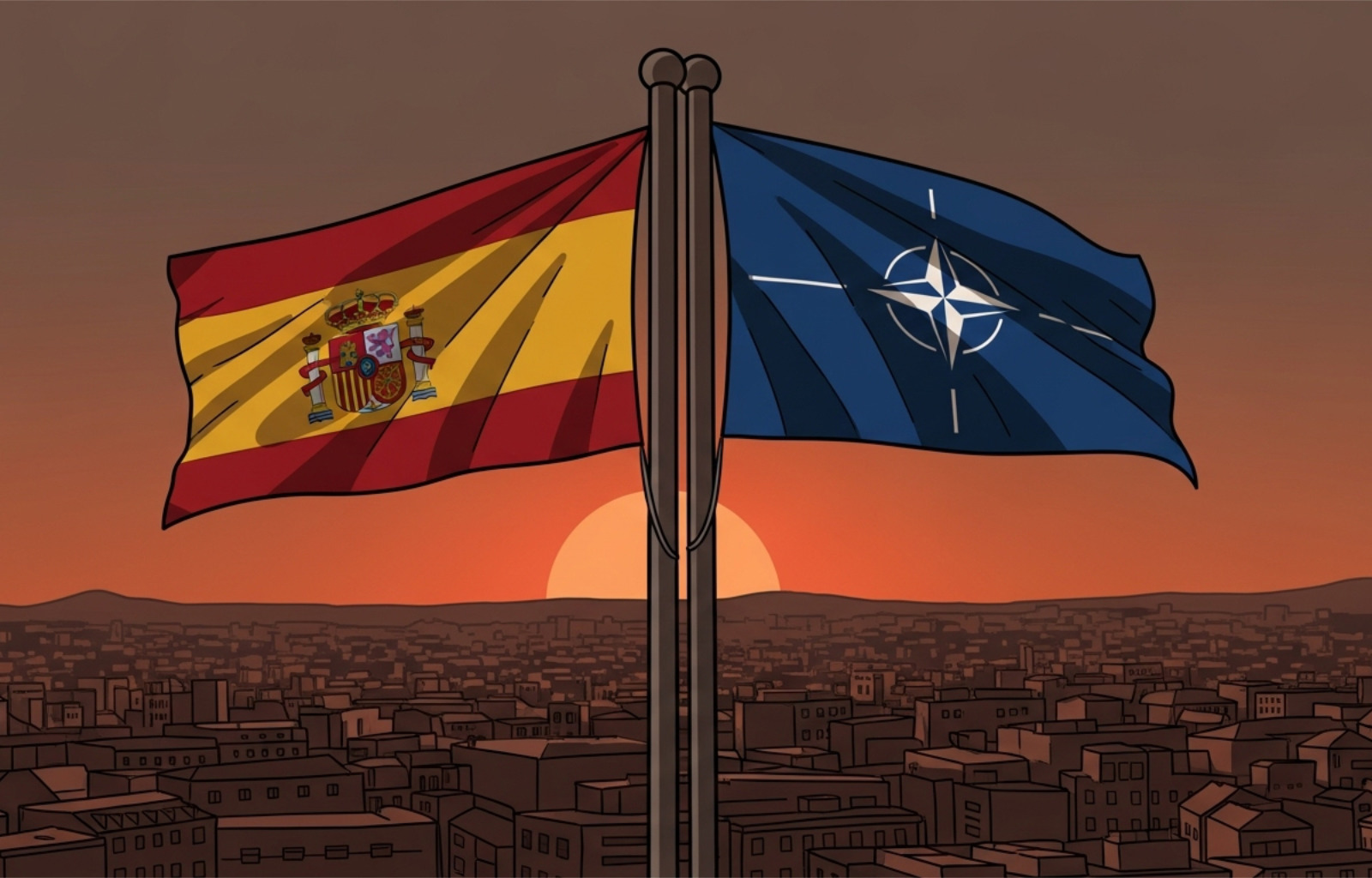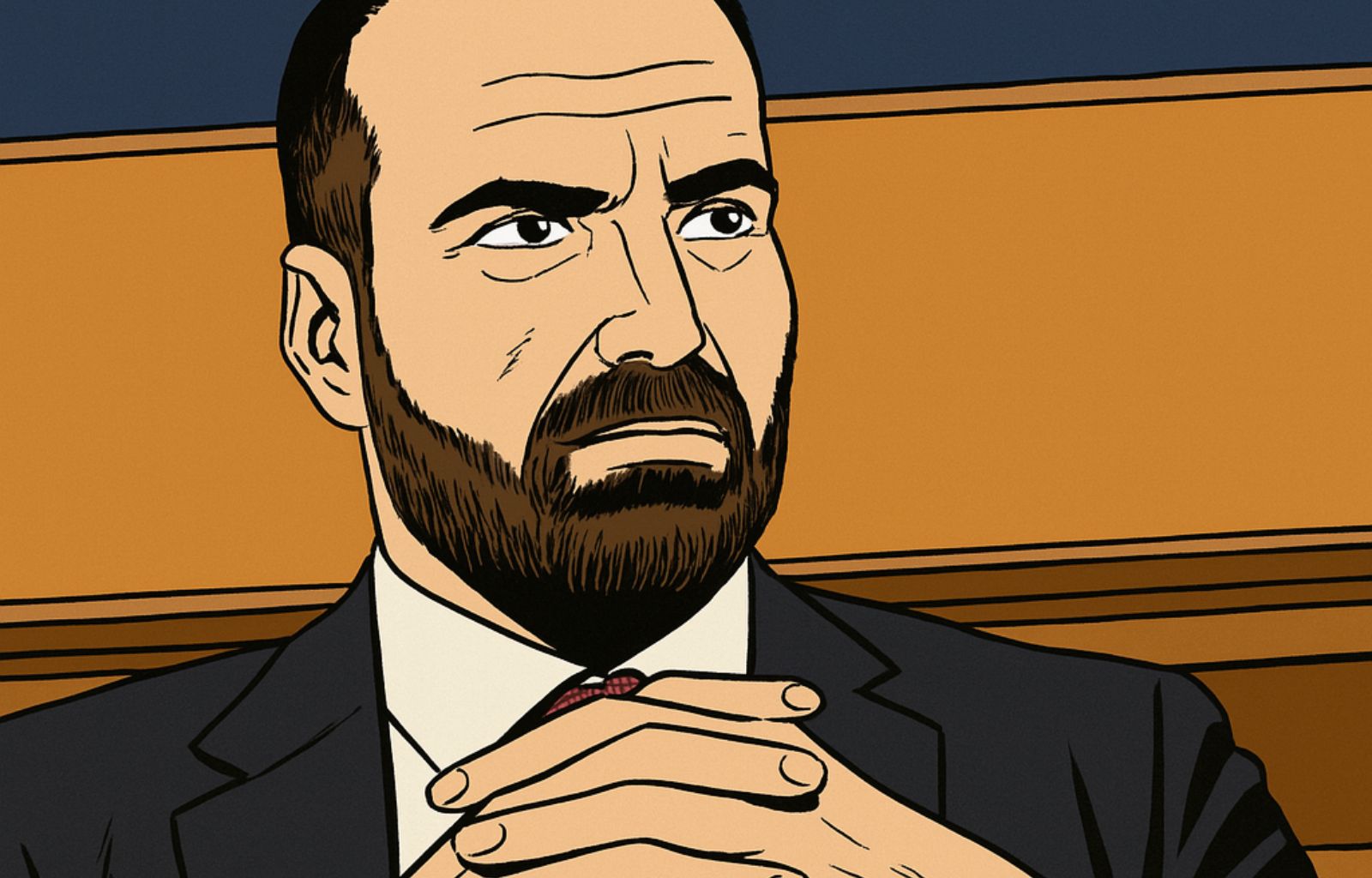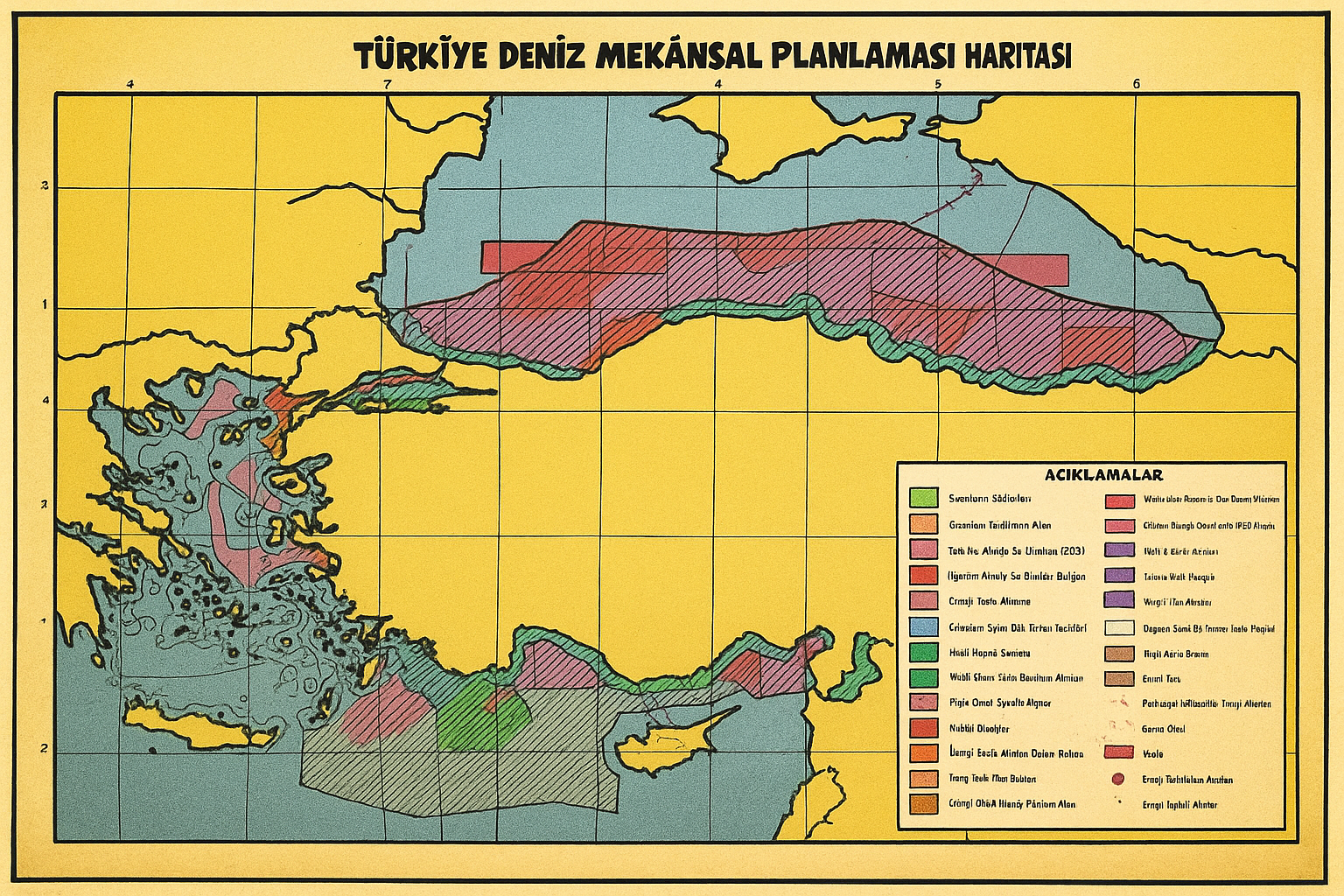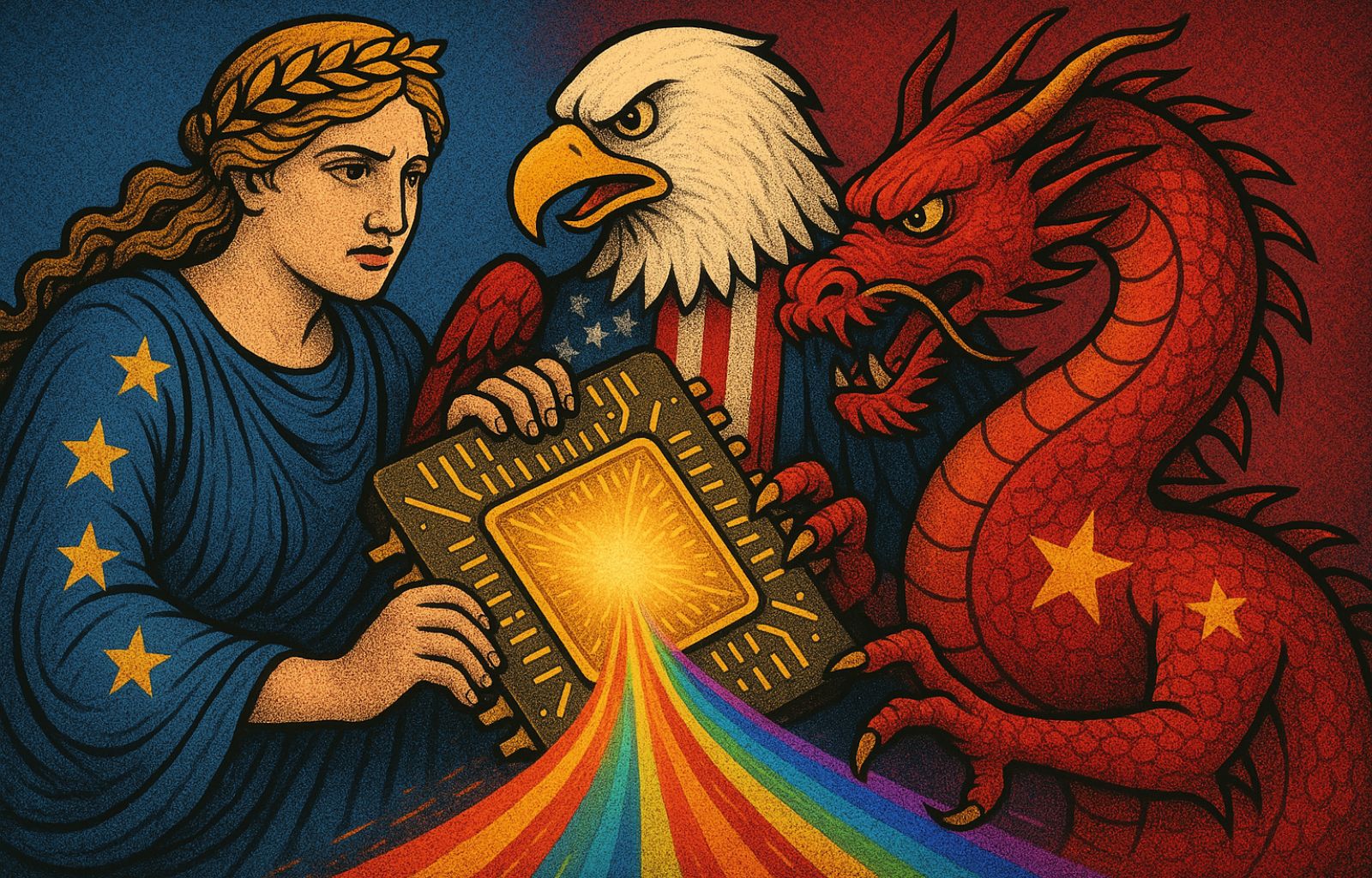The War of the Americas: Trump sacrifices US interests to propaganda

The war of the Americas has begun. Donald Trump has found a new enemy: Colombia, a historical ally of the United States. Colombian President Gustavo Petro‘s decision to reject two military planes with deported migrants has triggered a brutal reaction: 25% duties on all Colombian exports and threats of economic escalation. An impulsive move, more related to electoral propaganda than to a concrete strategy, and which risks opening up space to external actors such as China.
Petro says no: the origin of the crisis
Gustavo Petro refused to allow US flights to land, declaring that migrants ‘are not criminals and deserve respect‘. Trump responded by imposing punitive tariffs and threatening further escalation, turning a manageable issue into a diplomatic and trade conflict.
A trade war without logic
Colombia is a strategic partner and a major supplier of essential goods for Americans. Hitting Bogotá with tariffs also affects US consumers, raising the prices of consumer goods such as coffee and flowers. The move not only hurts the US economy, but risks undermining one of the few stable US alliances in the region, paving the way for an expansion of Chinese influence. Indeed, Beijing has already strengthened ties with many Latin American countries through infrastructure investments and trade cooperation, and could use this crisis to further consolidate its presence in the region.
Unrealistic promises versus complex realities
Trump’s strategy is based on election slogans, but immigration requires negotiated solutions, not unilateral impositions. Petro’s rejection reflects a growing dissent in Latin America towards Washington’s aggressive policies. More and more countries in the region are uniting in a common front to resist these pressures, finding in China a more pragmatic and less politically constrained alternative partner.
The real price of propaganda
Every tariff imposed falls on American consumers, but the impact goes beyond the domestic economy. If Colombia, supported by other Latin American countries, holds out, the vacuum left by the US could be quickly filled by Beijing. China is already the main trading partner of many states in the region and is consolidating its position with deals ranging from raw materials to strategic infrastructure. A prolonged crisis with Colombia could accelerate this process, further reducing US influence in what was once considered its backyard.

Conclusion
Trump turns minor episodes into international crises, sacrificing historical alliances for propaganda purposes. His short-sighted policy risks weakening the US economy and undermining decades of diplomatic relations, favouring the rise of new global players such as China. The Americans will pay the price for this strategy: higher prices, rising tensions and a decline of US influence in a key region. The illusion of ruling by propaganda soon crumbles, leaving room for an increasingly unstable world.











